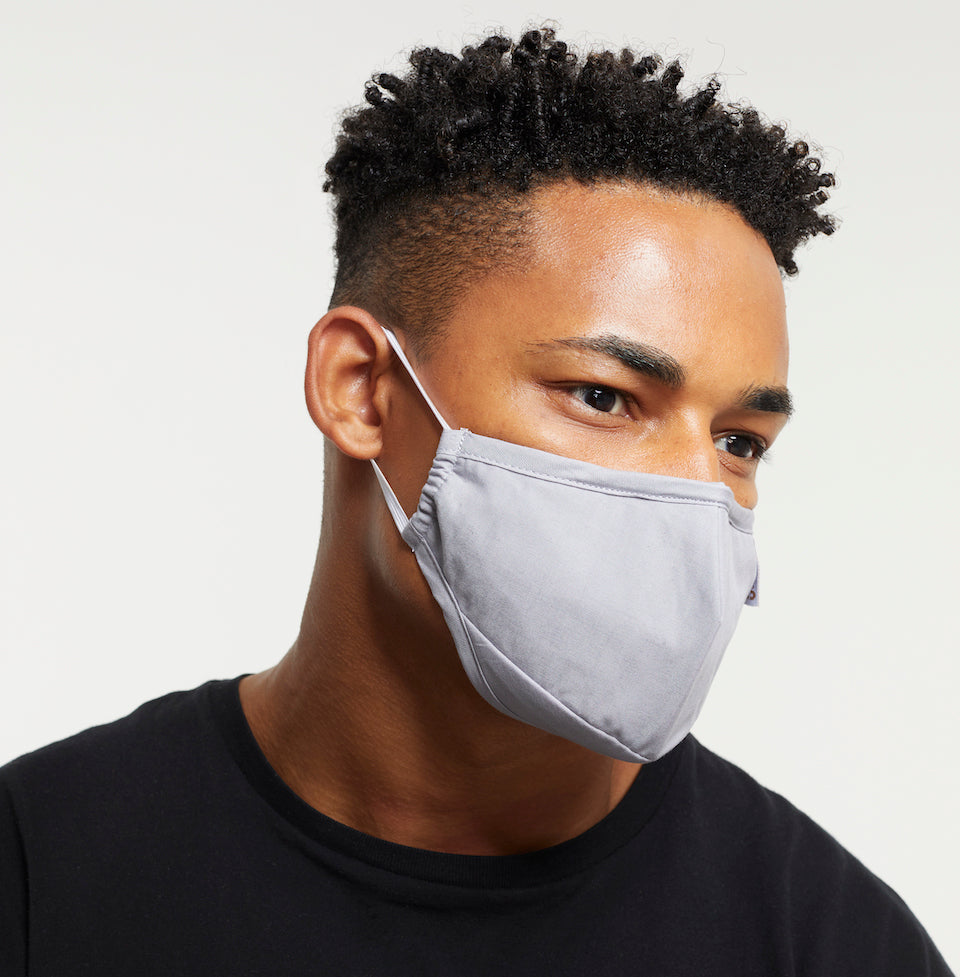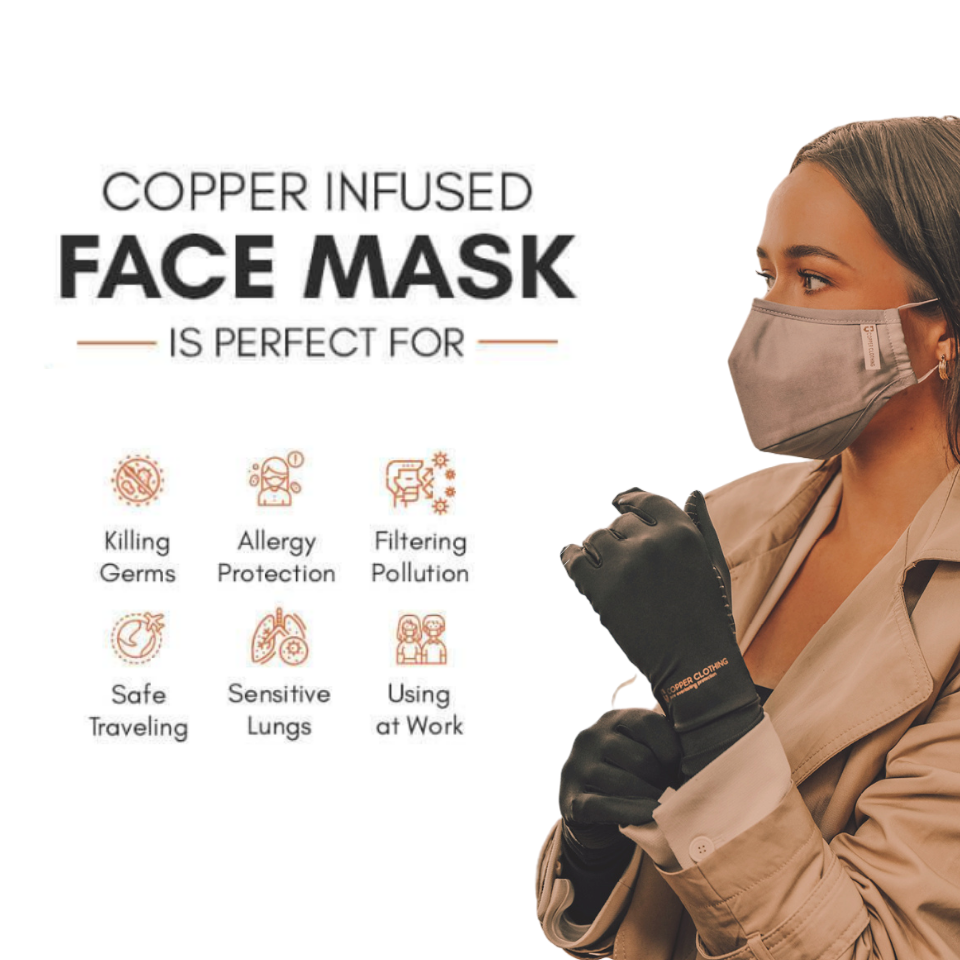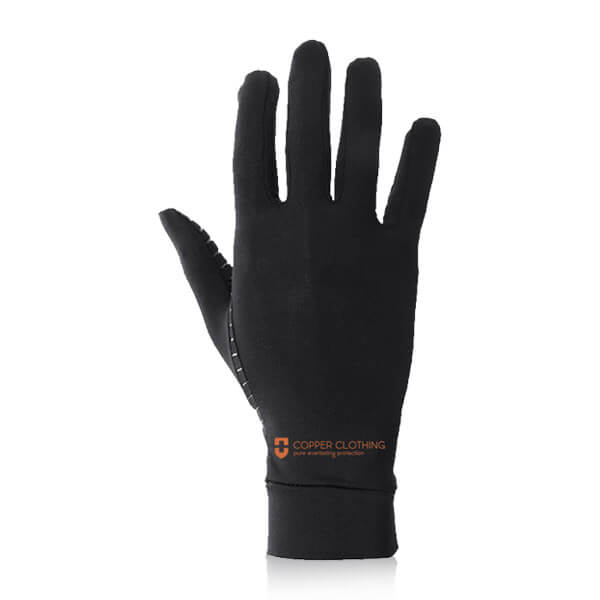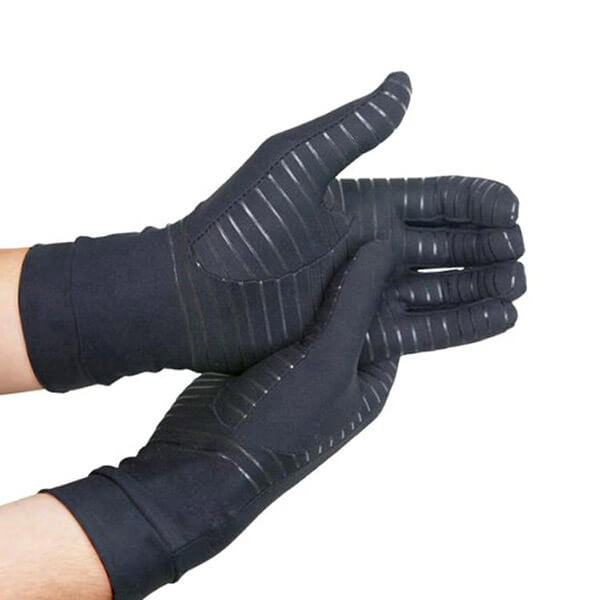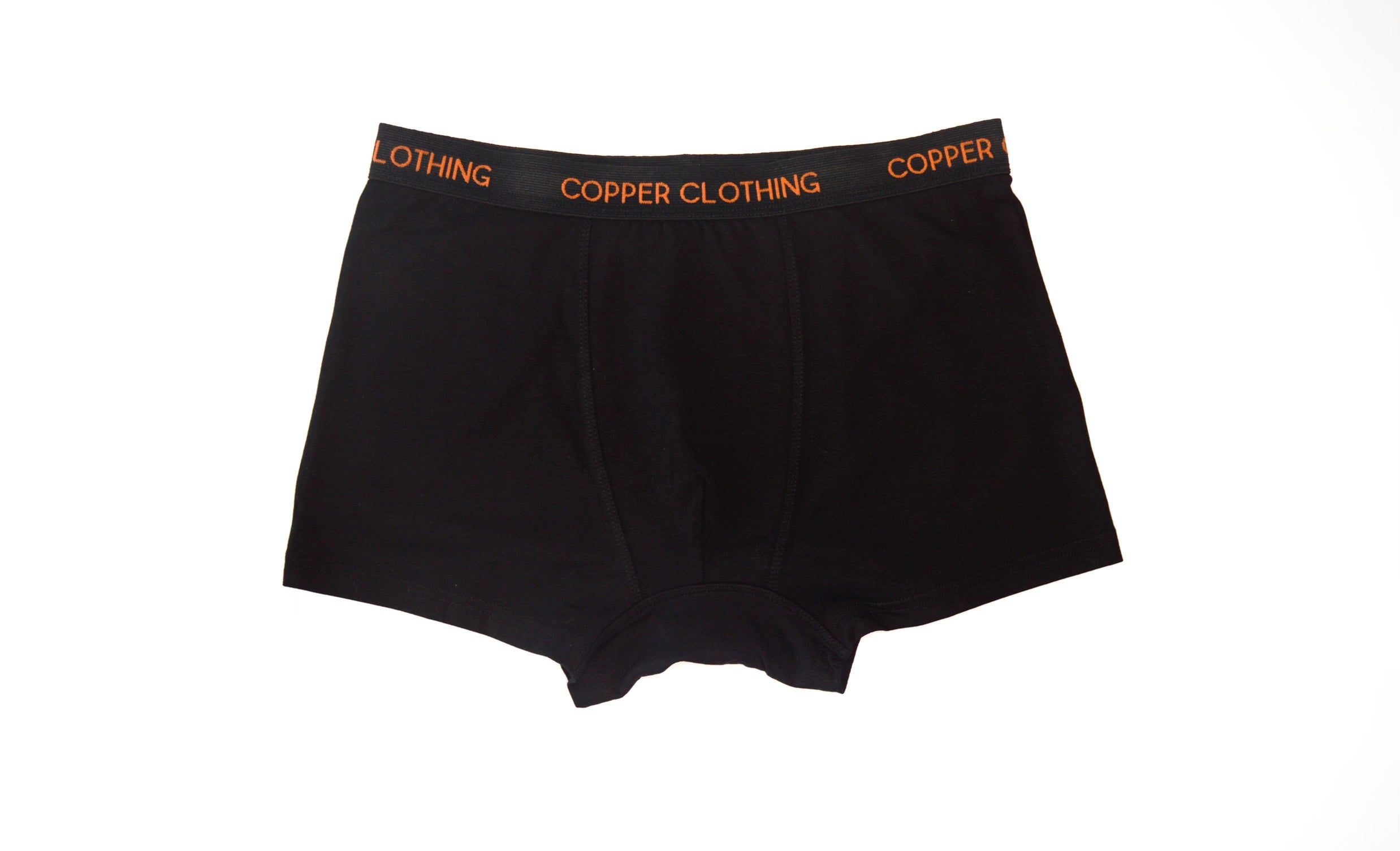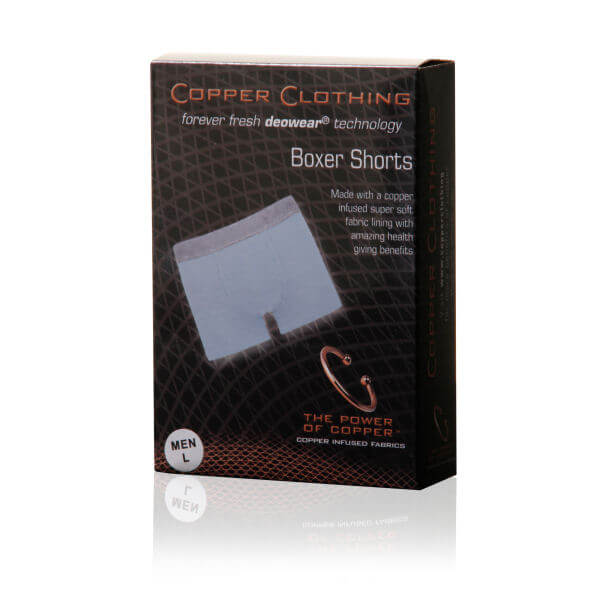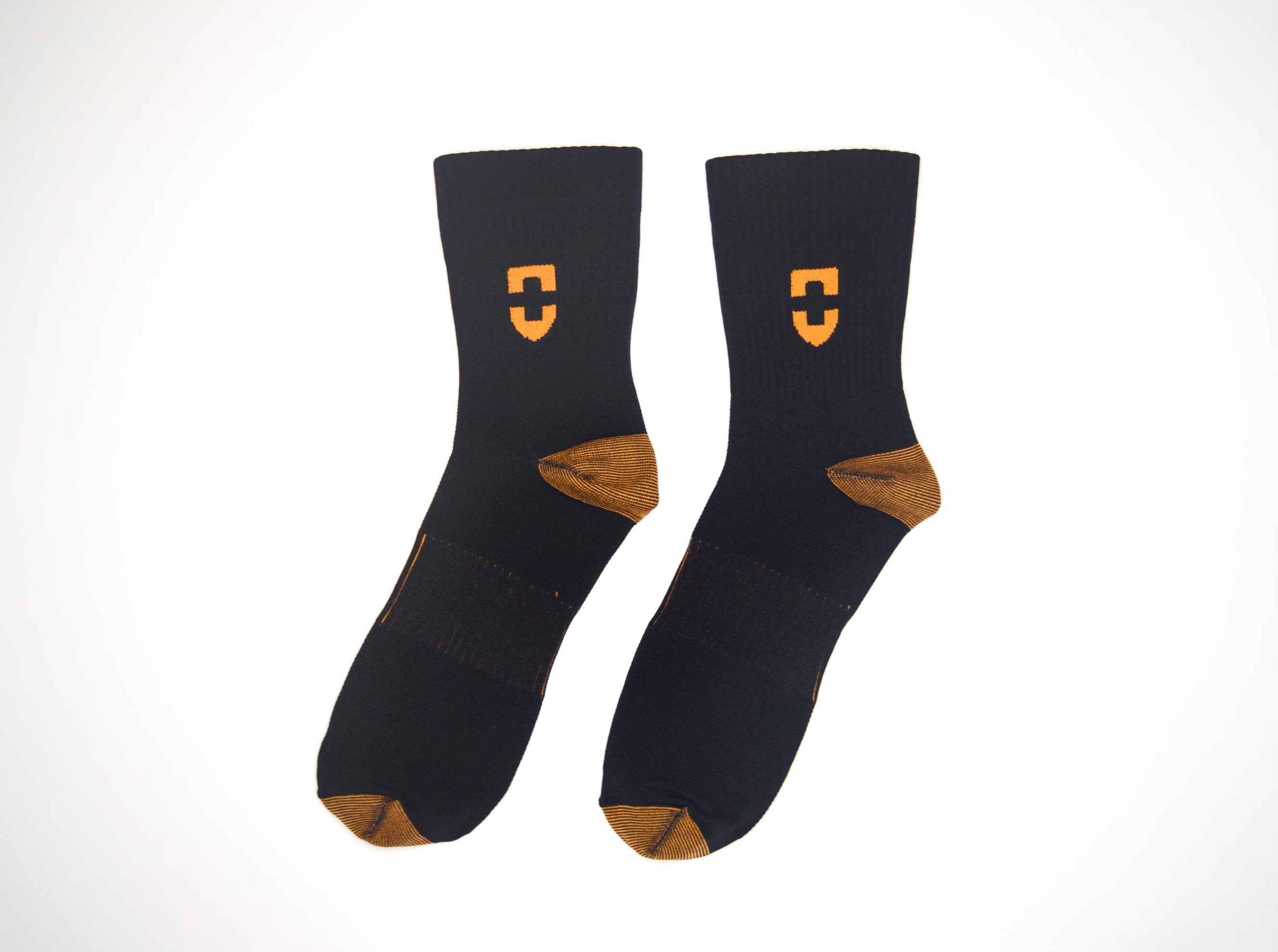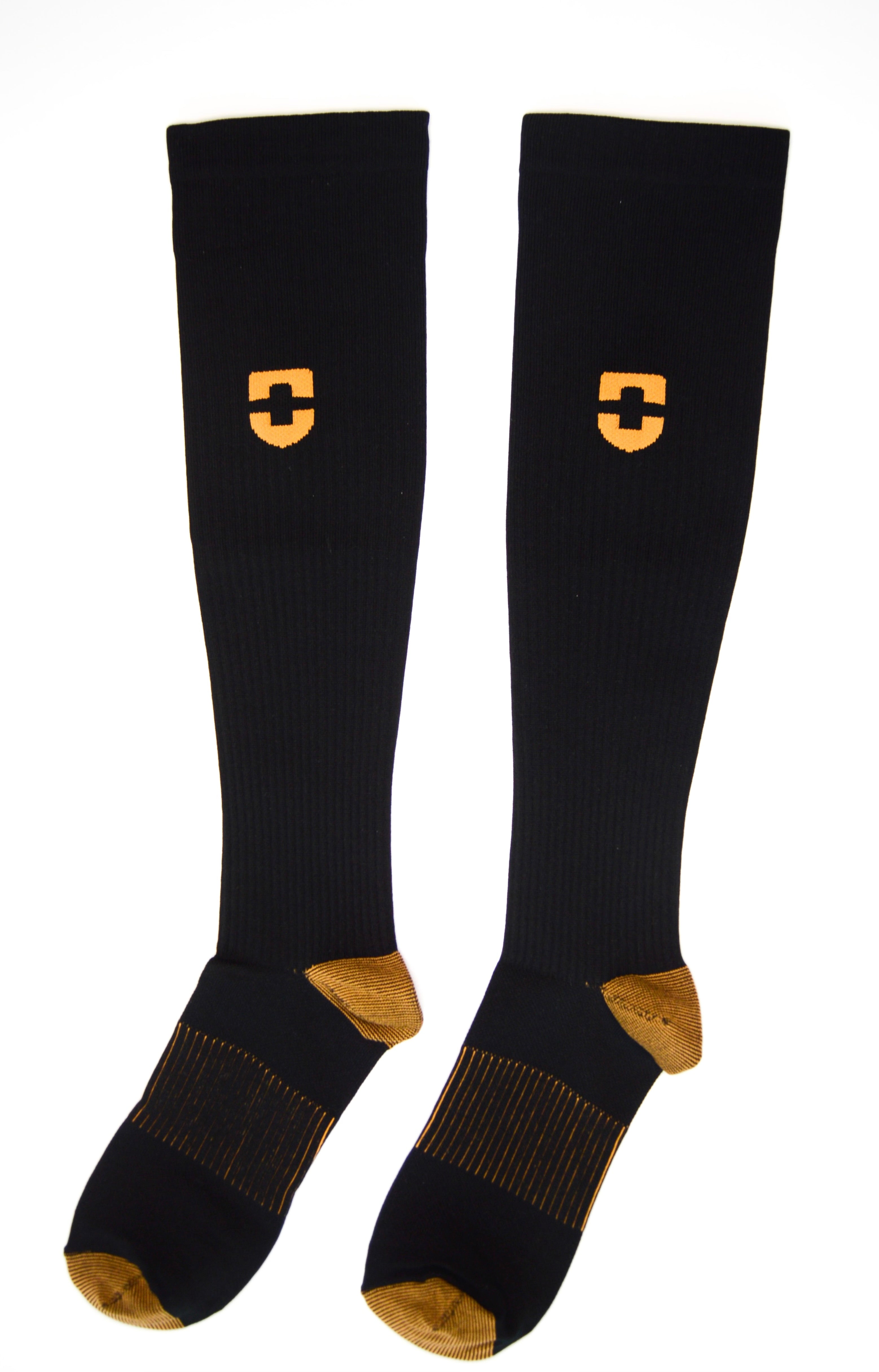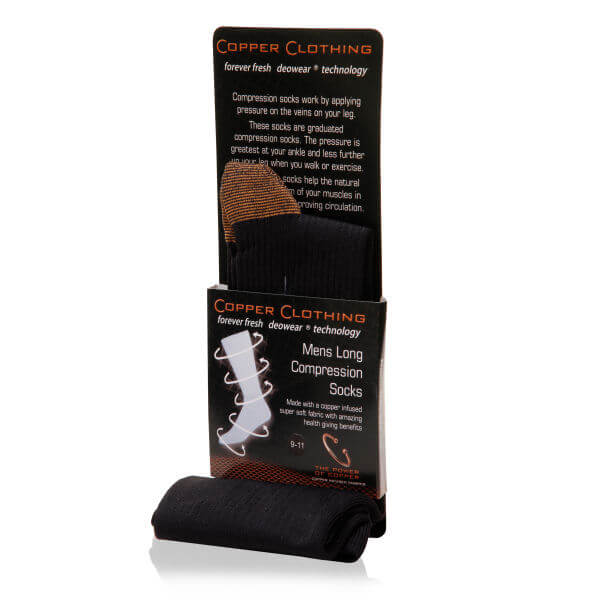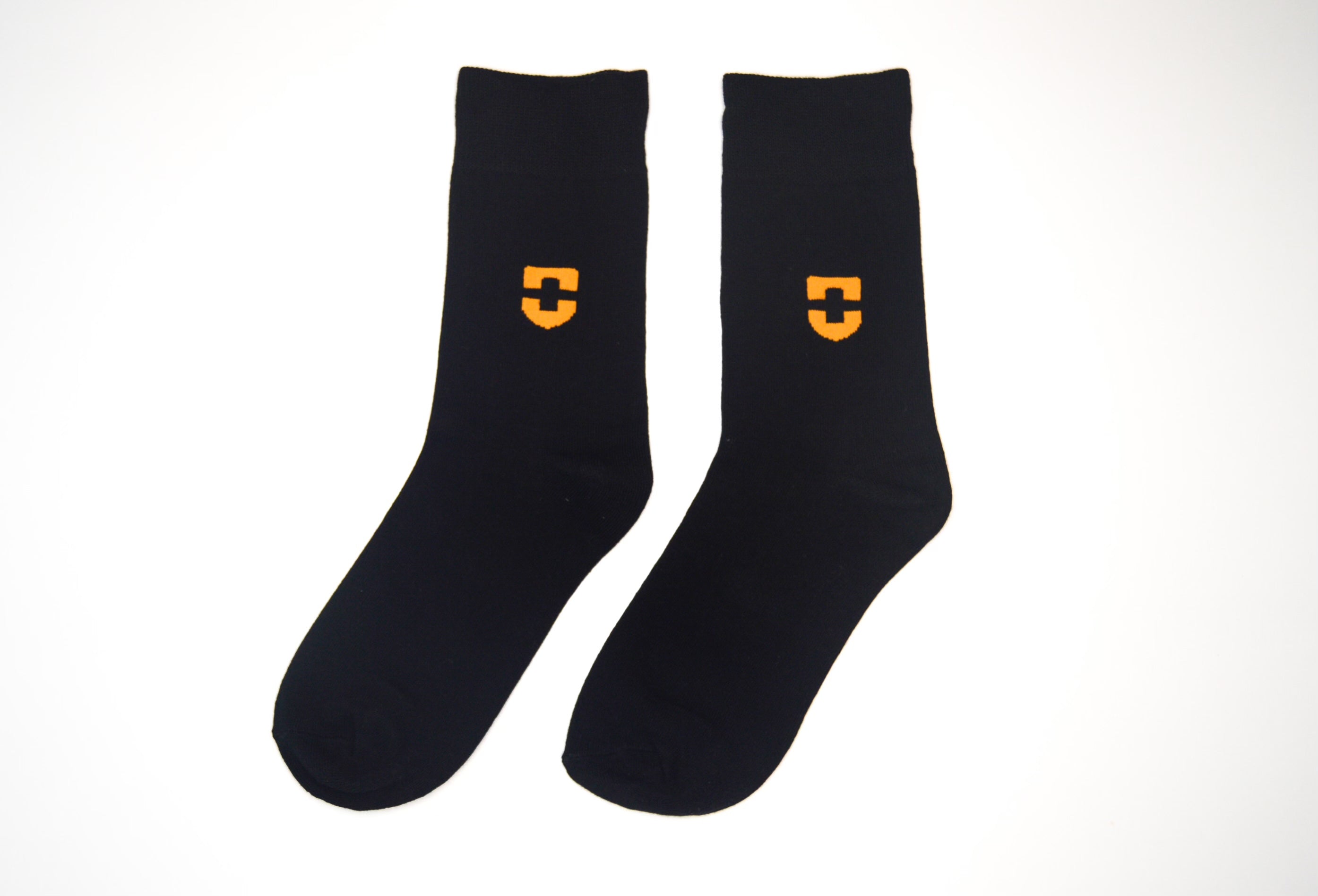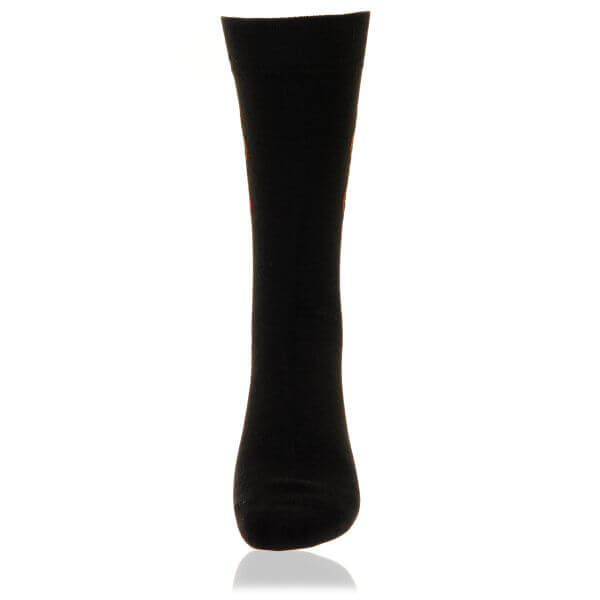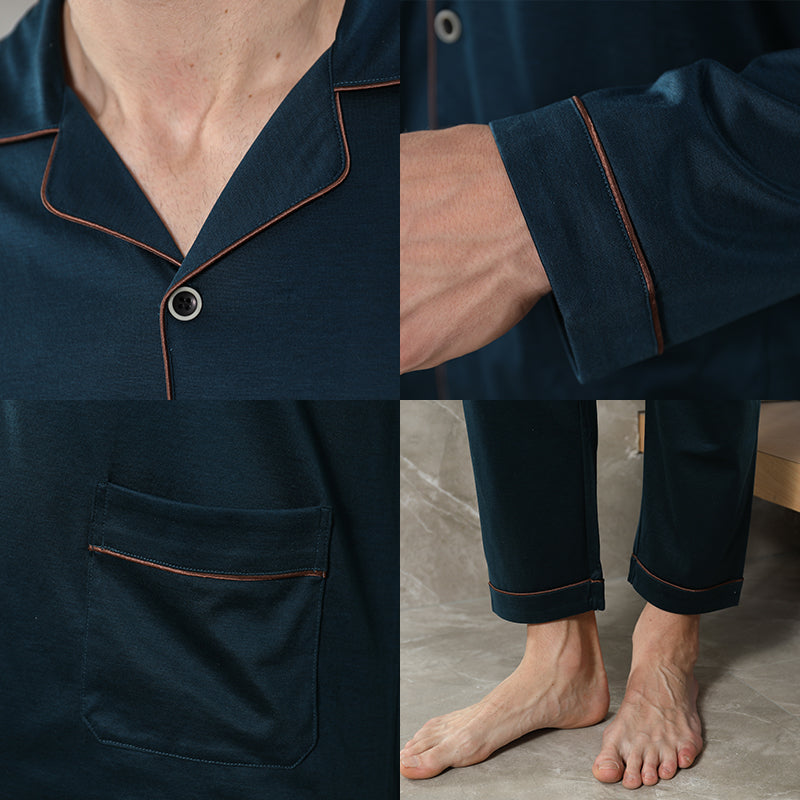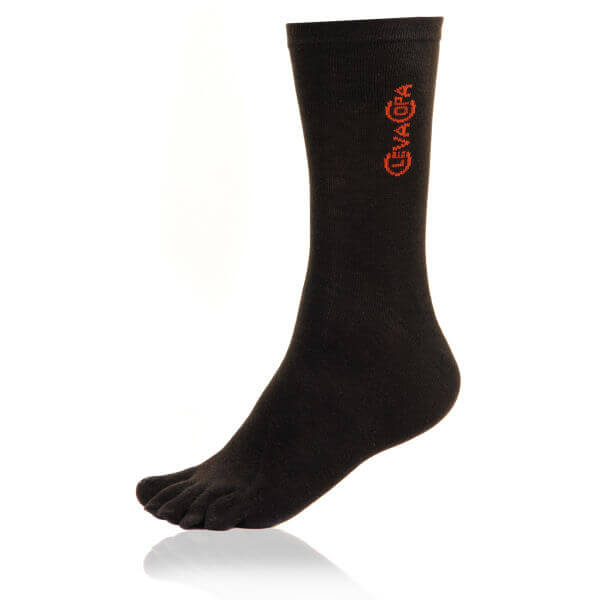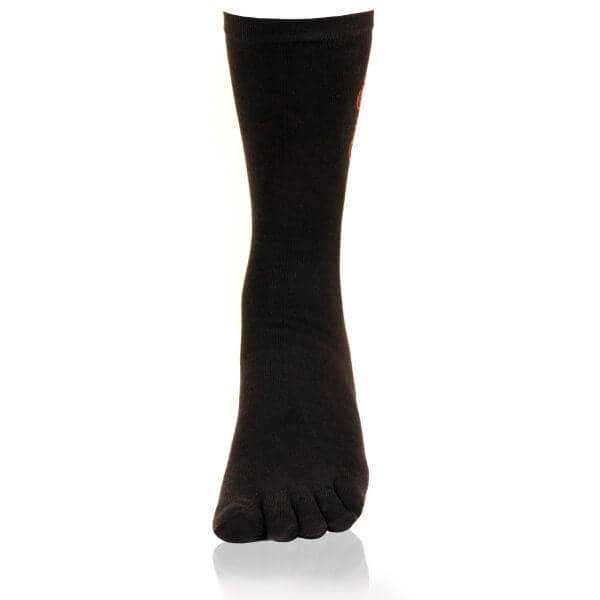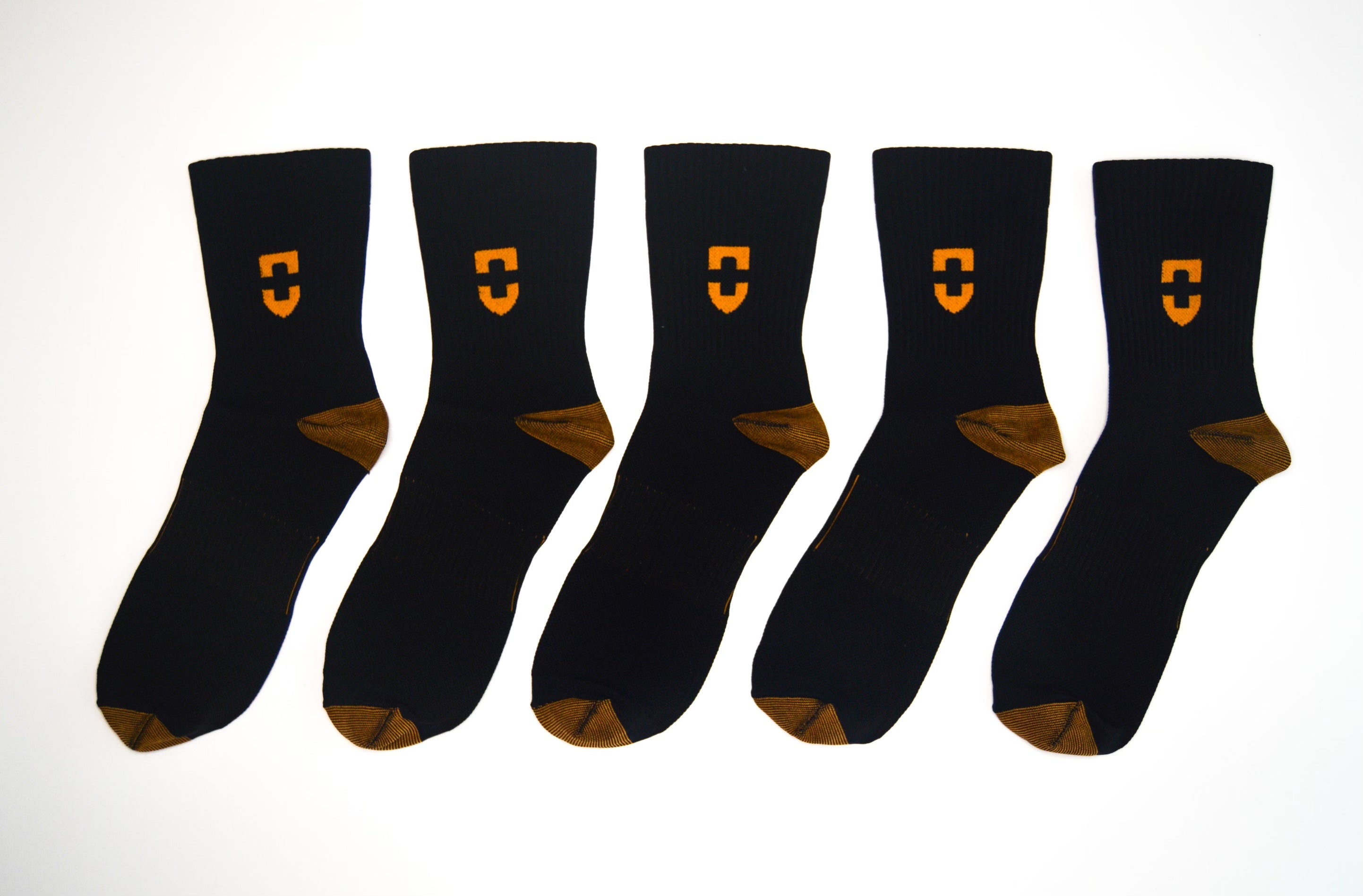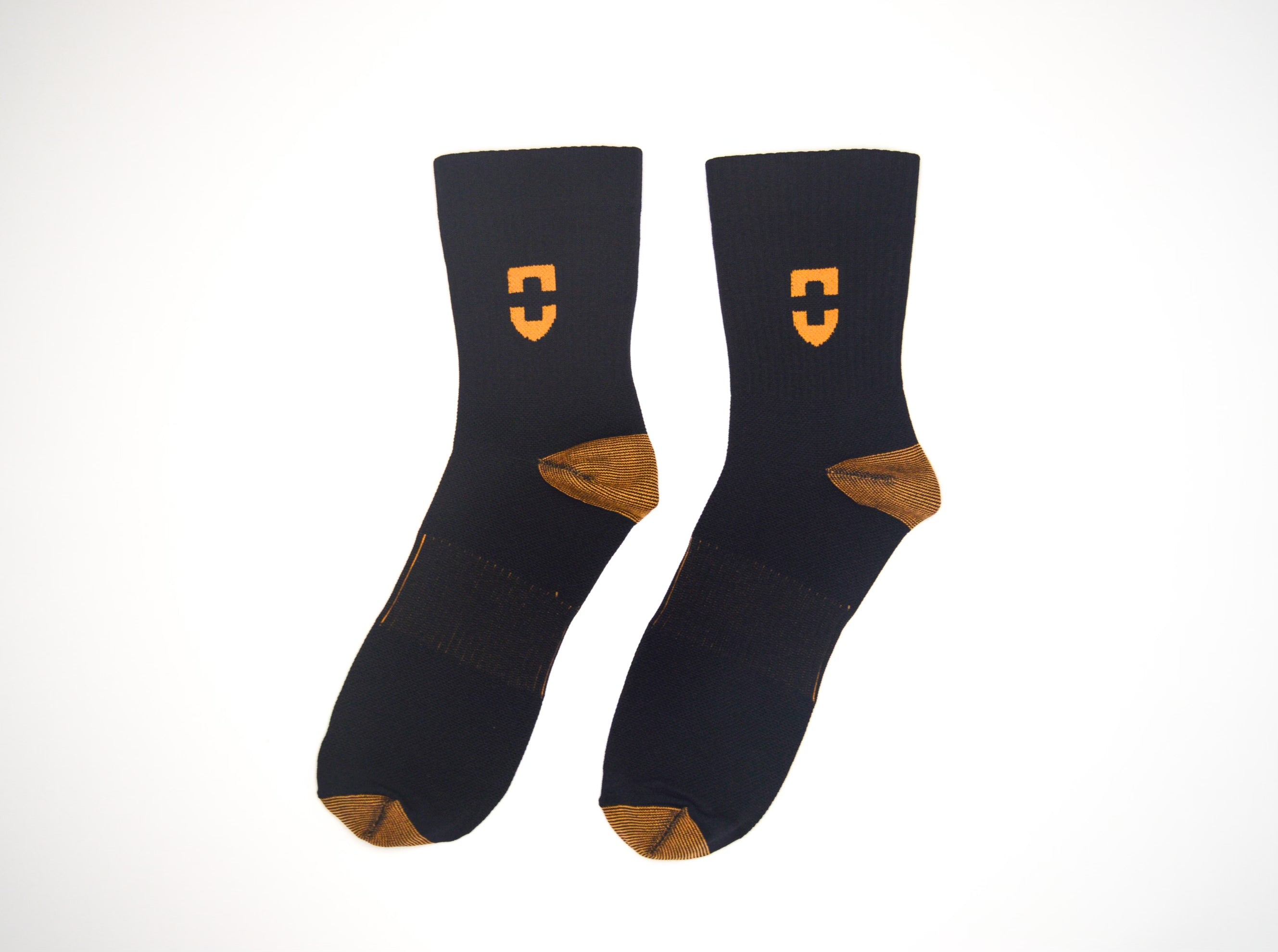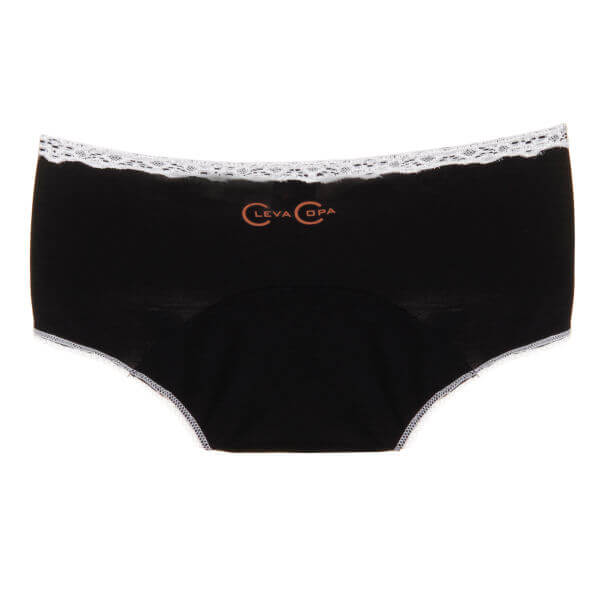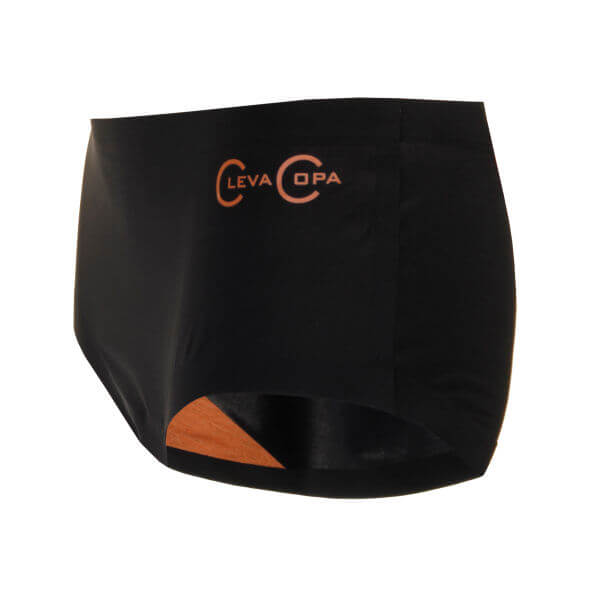Can You Get Herpes from Sharing a Towel? Know the Truth
Published
June 21 2023
Herpes refers to viral infections that are caused because of HSV – herpes simplex virus. The virus has two main types, including HSV-1 (type-1) and HSV-2 (type-2). HSV-1 is the reason behind oral herpes that manifest as fever blisters or cold sores around the mouth or on the face. HSV-2 is related to genital herpes that make sores or blisters appear in the genital area.
But can you get herpes from sharing a towel?
While herpes is a common infection, it cannot be spread that easily since the virus can only live for a short time on a porous surface. But there is an exception to catching herpes from sharing a towel. To know more, keep reading.
How is Herpes Transmitted?
The transmission of herpes happens through contact, but depending on the type of herpes, the contact medium changes. There are two main types of herpes – herpes simplex virus type 1 (HSV-1) and herpes simplex virus type 2 (HSV-2).
-
HSV-1
HSV-1, or oral herpes, is transmissible through an infected person's saliva. It can also be transmitted by touching inanimate objects containing the infected saliva. This type of herpes is more common and cannot be considered an STI. You can acquire it during childhood as well.
-
HSV-2
HSV-2, or genital herpes, is known to be transmitted when you come in contact with mucous membranes and is primarily through sexual activities.
Can You Get Herpes from Sharing a Towel?
No, as per NHS, you can’t get herpes from sharing baths or towels. The herpes virus is relatively fragile and does not survive for long periods outside the body. It requires a warm, moist environment to thrive and remain infectious. Without these conditions, such as on a towel, the virus quickly becomes inactive and loses its ability to cause infection.
However, if an infected person with an active herpes outbreak were to use a towel and then another person immediately used the same towel on the part of their body with open sores, blisters, or lesions during an active outbreak, there is a slight possibility of transmission. But this is unlikely. In the absence of visible symptoms, the risk of transmission decreases significantly.
How to Further Reduce the Risk of Catching Herpes from Sharing a Towel?
The risk of getting herpes from sharing a towel is very low. Since the HSV that causes herpes can only survive for a short period outside of the body, you mostly cannot get herpes from sharing a towel. But if you're still paranoid about catching it, here are a few things you can do to reduce your risk of catching herpes from sharing a towel:
- Wash your towels regularly in hot water and dry them on a hot setting
- Don't share towels with infected people
- If you do share a towel with an active outbreak, be sure to wash the area where the towel came into contact with your skin immediately
If you are still concerned about your risk of getting herpes, talk to your doctor. They can help you understand the risks and benefits of testing for the virus. They can also recommend ways to reduce your risk of transmission.
Upgrade to Anti-Microbial Bath Towel
Buy NowWhat are the Risks of Using a Dirty Towel?
Herpes isn't something you can catch by sharing a towel. But using a dirty and unwashed towel can definitely pass germs from the towel's surface to yours.
The most common bacteria you can catch using a dirty towel are MRSA and Staph. These bacteria stay on porous surfaces, like towels, for a longer period, and you can be exposed to these microorganisms even if it's newly soiled. So, try not to come in contact with towels that contain blood, vomit, phlegm, faecal matter, or urine on their surface.
How Can You Save Yourself from Attracting an Infection Through Dirty Towels?
Since dirty towels are a breeding ground for several microorganisms like bacteria, viruses, and fungi, the question lies – how can you save yourself from getting diseases/infections from dirty towels? The solution to this is Copper Clothing's Copper-Infused Bath and Gym Towel!
Infused with copper ions, our copper towels use advanced technology to help protect you from infection-causing microorganisms. The unique properties of copper work together to neutralize harmful agents upon contact and keep your towel fresh, preventing unpleasant odors and maintaining cleanliness for longer use.
FAQs:
-
How long does the herpes virus live on towels?
HSV (Herpes Simplex Virus), both type 1 and 2, cannot live on hard and porous surfaces like a towel. So, you cannot get herpes from sharing a towel.
-
How do you know if someone has genital herpes?
No solid signs may indicate that your sexual partner has genital herpes. Sometimes, even the infected person isn't aware that they are infected. So, to avoid getting herpes, it's always best to get tested and stay safe.
-
How can I reduce my risk of transmitting herpes?
The best way to reduce the risk of oral herpes is by avoiding contact with the infected person with an outbreak of sores or blisters. Although herpes spread is caused due to skin-to-skin contact, it's best to avoid sharing spoons, glasses, or other personal care products with the infected person until the sores are visible on their body.
-
Does washing get rid of herpes?
The virus that causes herpes can be killed with soap and water. So, washing your hands thoroughly with soap and water is recommended to avoid getting the virus.









